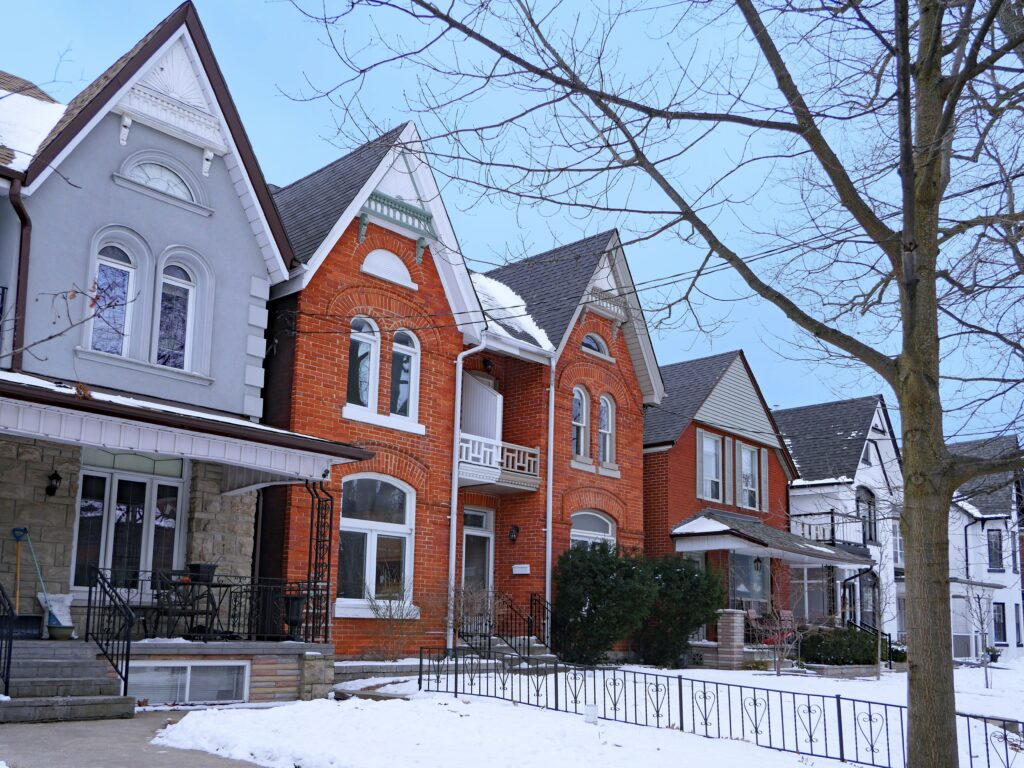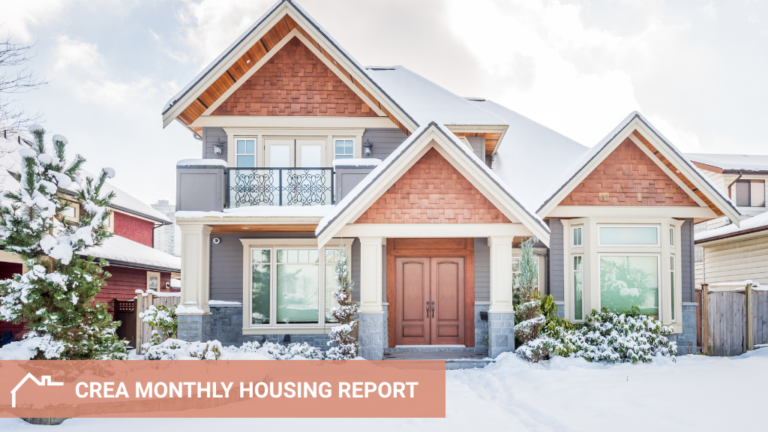
If you own a home in Toronto, you’ll now be required to report whether or not your property is currently lived in, as part of a new effort to increase housing availability in the city.
Starting in 2023, homeowners in the City of Toronto must declare the occupancy status of their residence to the municipality each year. Properties reported as vacant or found to be unoccupied will be subject to a newly-implemented, annual vacant home tax (VHT). Under special circumstances, some vacant homes may be exempt.
This year, homeowners are required to declare their property’s 2022 occupancy status by February 2, 2023.
The VHT is part of a citywide initiative to increase housing supply in Toronto by encouraging the conversion of empty properties into occupied homes. Toronto is not the first city to implement a VHT in Canada. In 2017, Vancouver introduced its Empty Homes Tax (EHT) to relieve rental demand and improve the city’s ultra-low vacancy rate. Between 2020 and 2021, the City of Vancouver says that its EHT resulted in a 20% reduction in vacant residences, and 49% of homes that were reported as vacant during that period were later occupied.
Here’s a breakdown of everything you need to know about the Toronto VHT:
Declaring a home’s vacancy status
All Toronto property owners are now required to submit the occupancy status of their home to the City each year, even if they live in the property they are declaring for. Declarations are required for residential dwellings only – a self-contained unit with a washroom and kitchen – not vacant land, parking spaces or storage lockers.
Declarations can be made through the City of Toronto’s online portal or with a mail-in declaration form. To complete the declaration, homeowners will need their 21-digit assessment roll number and customer number, which can be found on their tax bill or property tax account statement.
It’s important to note that if an owner fails to make a vacancy declaration, their home may be automatically deemed vacant.
VHT Exemptions
A Toronto home is considered vacant under the VHT if it is unoccupied for a total of six months or more during the previous calendar year. However, the VHT is not applicable to properties that are the principal residence of the owner or fall under the list of VHT exemptions.
There are multiple exemptions to the Toronto VHT. For instance, if the home is vacant due to the death of the owner, large-scale renovations, or the principal resident is living in long-term care, the VHT may not be applicable in these cases. Supporting documentation is required to prove the exemption.
Properties may be selected at random for a VHT audit, which may require additional proof. If an owner disagrees with the city’s decision, they may file a Notice of Complaint.
Taxation, late payment and fines
In 2023, the Toronto VHT is 1% of a property’s assessed value. For example, if a home’s Current Value Assessment (CVA) is $1,000,000, the VHT would be billed as $10,000.
If a homeowner misses the February 2nd deadline to declare their residence’s 2022 status, they will be required to pay a $250 fine, but can still submit a late declaration. Additional fines of up to $10,000 may be applied if the property owner breaks VHT bylaws or makes a false declaration.
For more information on the Toronto Vacant Home Tax, visit the City of Toronto’s website.






